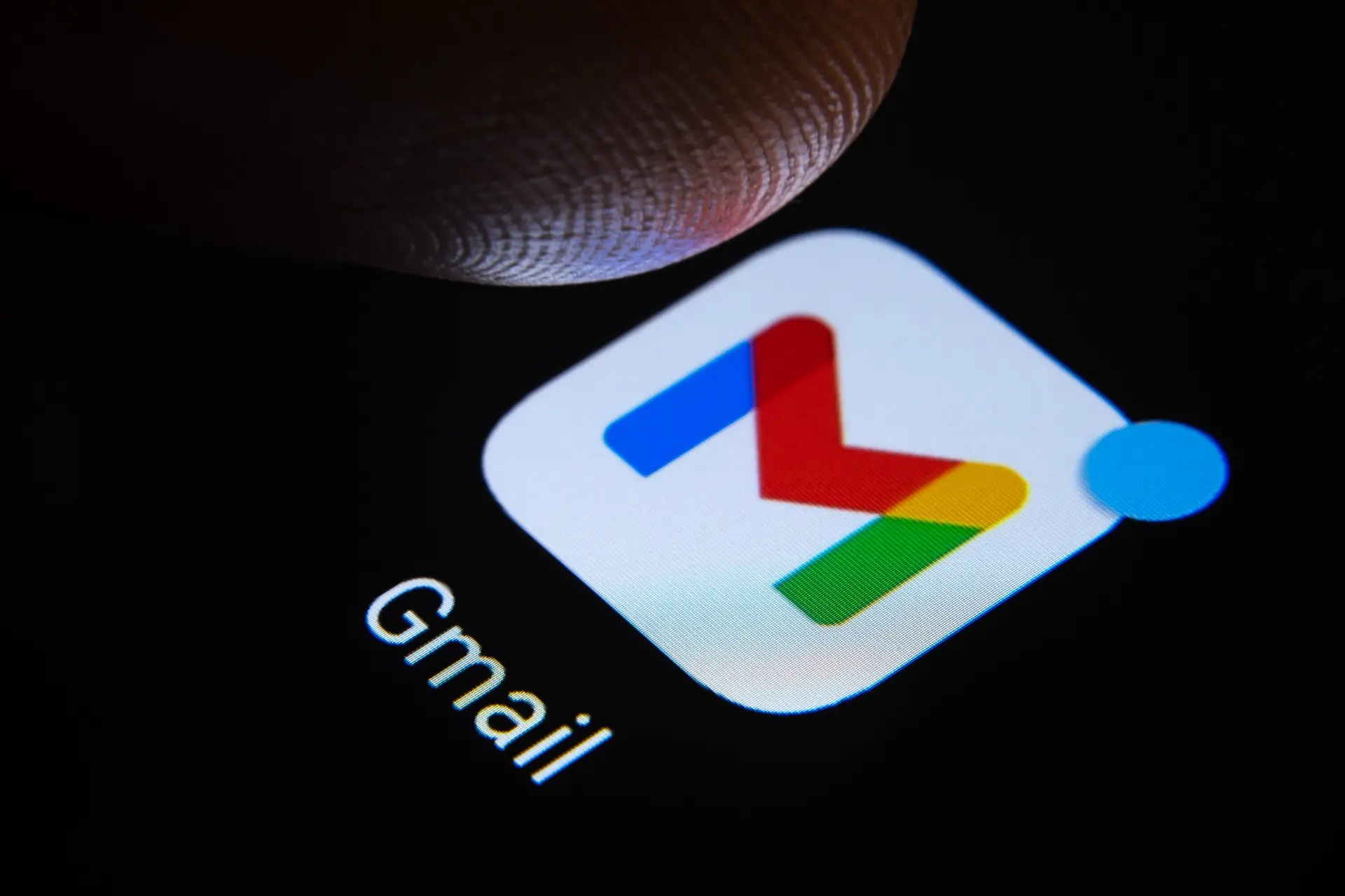Table of contents
- Gmail: a prime target for cybercriminals
- Advanced social engineering techniques
- A 49% surge in phishing attacks since 2022
- FBI’s critical security recommendations
- Google’s defenses and user responsibility
Gmail: a prime target for cybercriminals
Gmail users are facing an unprecedented wave of phishing attacks, warns the FBI. The rise of Artificial Intelligence has led to increasingly sophisticated scams, putting millions of accounts at risk worldwide.
Experts stress that neglecting basic security measures can have serious consequences for both individuals and businesses.
Advanced social engineering techniques
Beyond AI-driven attacks, hackers leverage advanced social engineering techniques to manipulate users and gain access to sensitive information. Gmail is particularly vulnerable due to its integration with multiple Google services.
A single compromised account can expose vast amounts of personal and corporate data, making it a top priority for cybercriminals.
Read also: Gmail account hacked: here’s what to do
A 49% surge in phishing attacks since 2022
According to the latest Phishing Trends Report by Hoxhunt (updated February 6), phishing attacks bypassing protection filters have increased by 49% since early 2022.
Among these, 4.7% are powered by Artificial intelligence, making scams more convincing and harder to detect. Additionally, in 70% of cases, infections begin with a single click on a malicious link.
FBI’s critical security recommendations
The FBI warns: “You may receive an email appearing to be from a legitimate company, requesting you to update or verify personal information.
These messages can be so convincing that you might be tricked into following their instructions.” The golden rule for security is to never click on links or attachments in unexpected or suspicious emails.
Google’s defenses and user responsibility
Google employs advanced security measures to detect and block suspicious messages, but automated protections are not foolproof. Users must take a proactive approach by avoiding downloads from untrusted sources and refraining from entering personal data on unverified sites.
With the advancement of social engineering tactics and the increasing availability of phishing tools, safeguarding your Gmail account requires constant vigilance.

